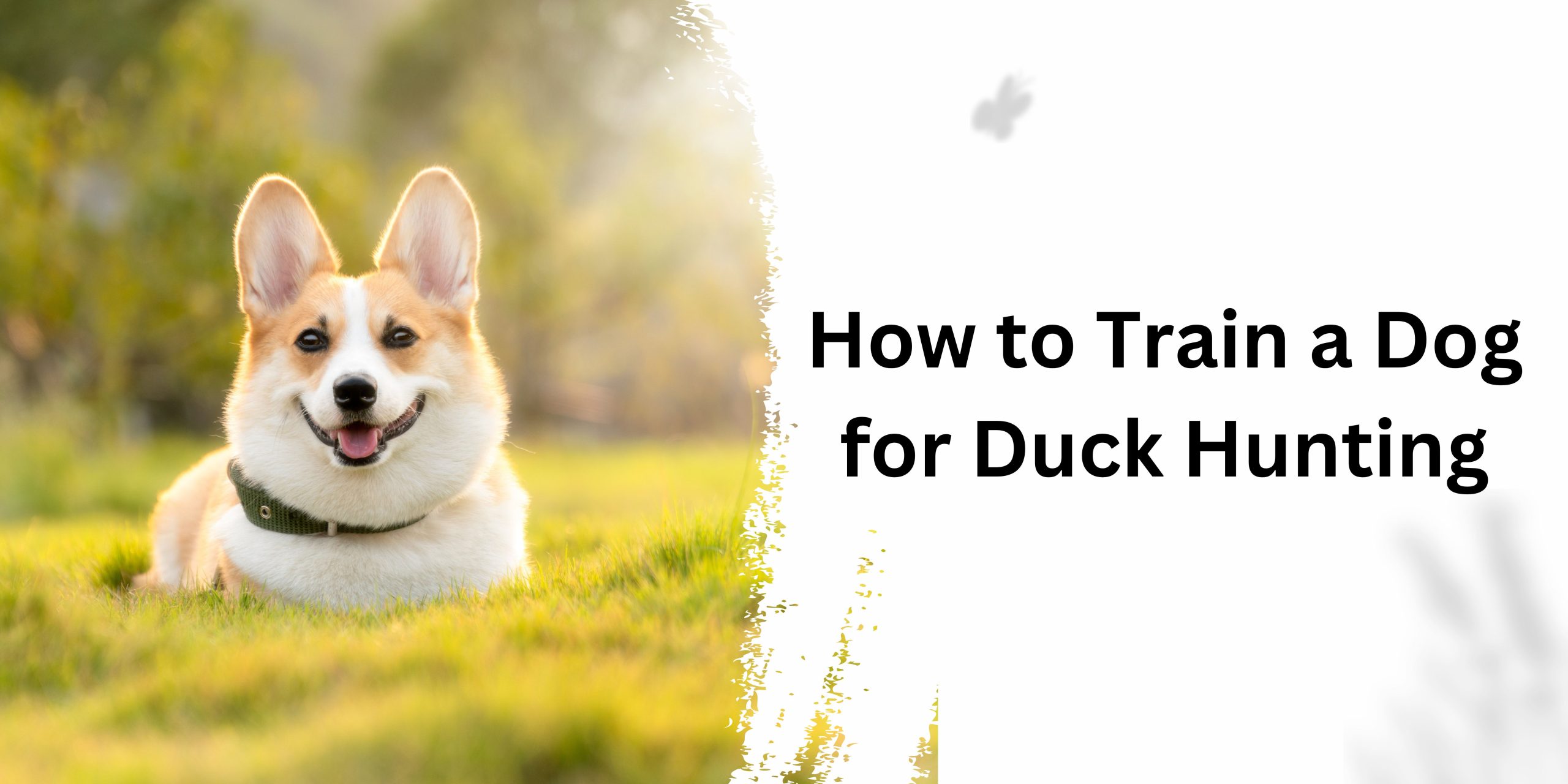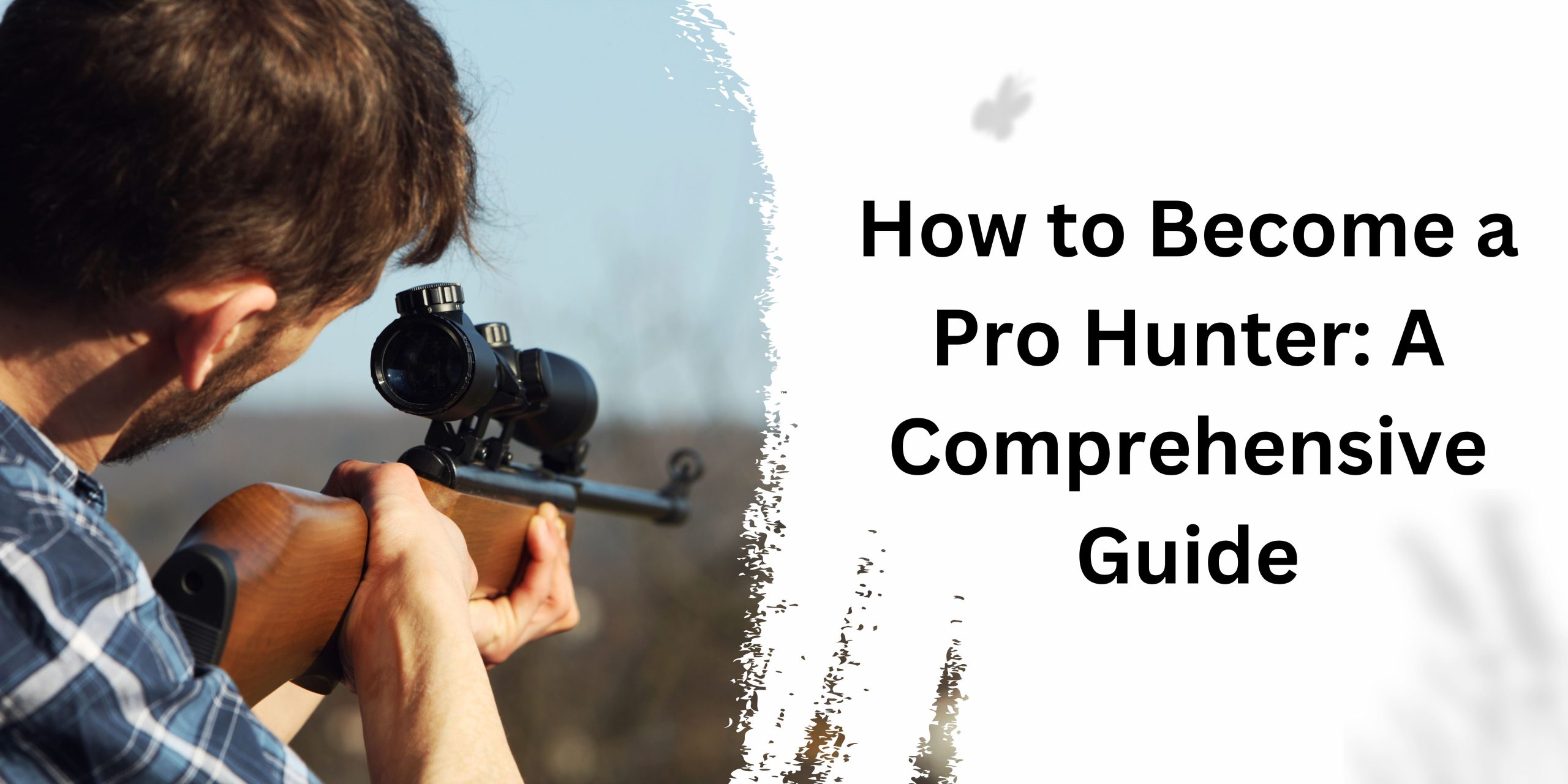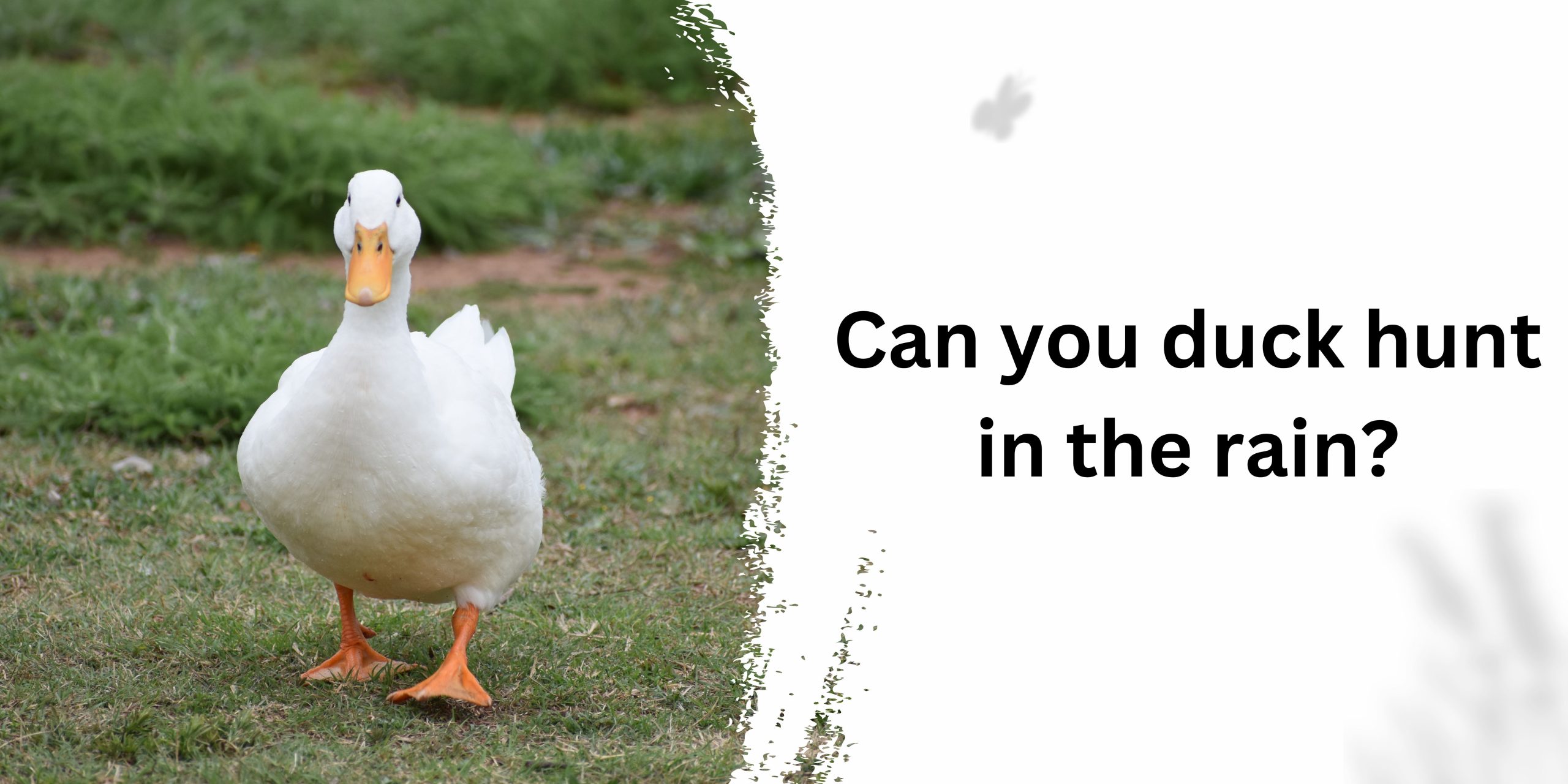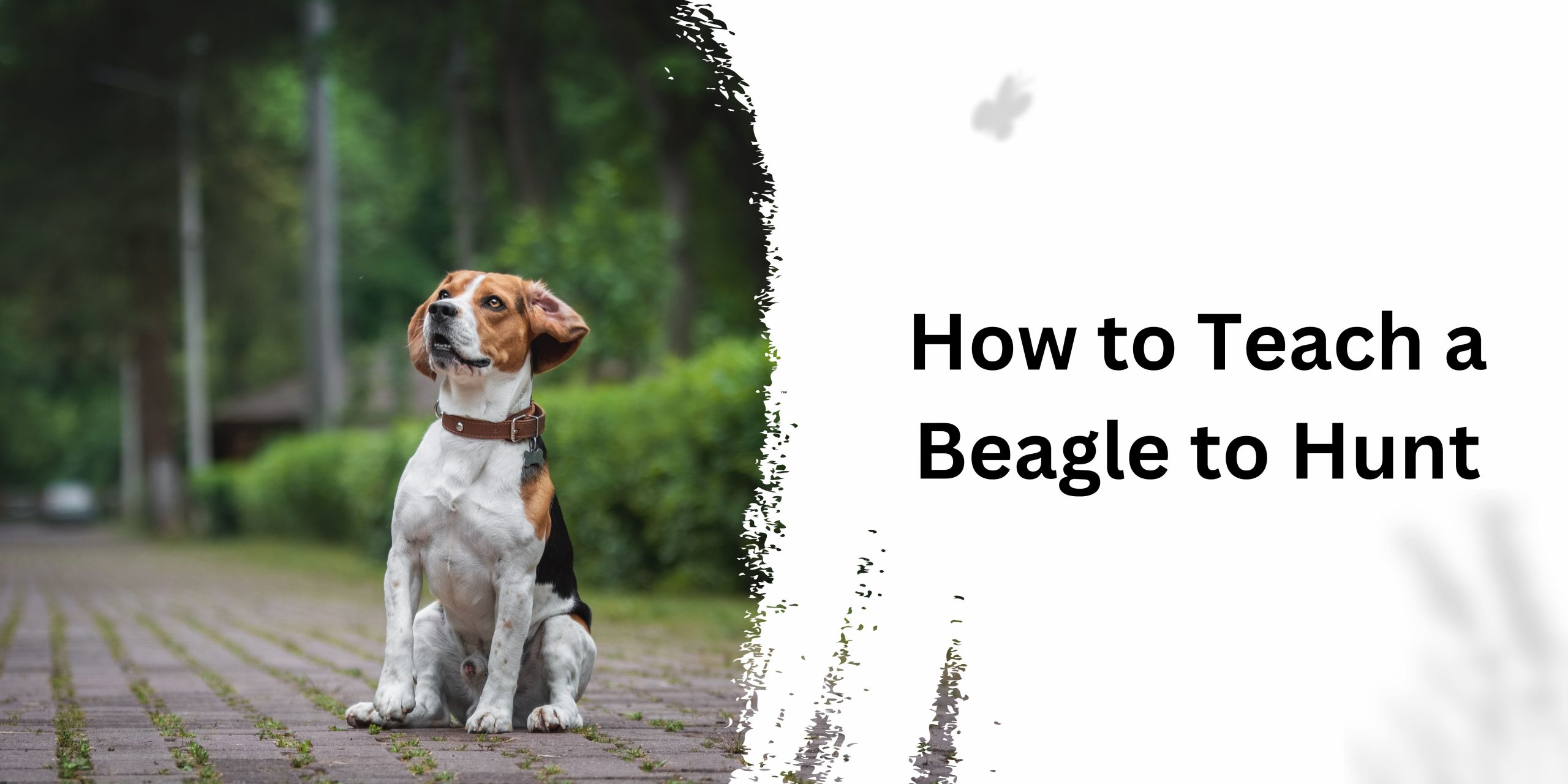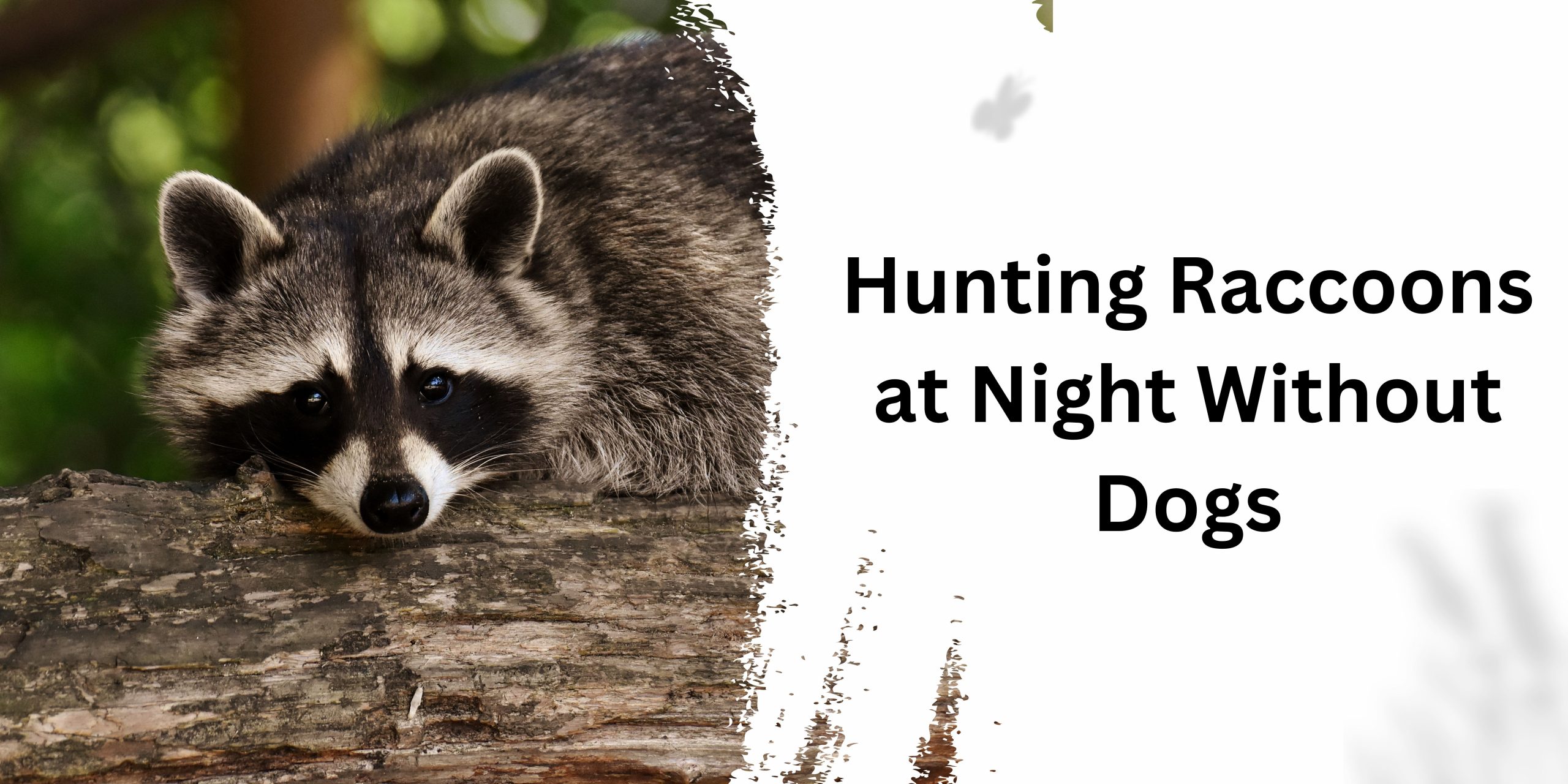Are you eager to hit the duck hunting blind with your trusty canine companion by your side? Training a dog for duck hunting can be a rewarding experience that strengthens your bond with your furry friend. In this guide, we’ll take you through everything you need to know about how to train a dog for duck hunting
Step-by-Step Guide to Training a Duck Dog
Training a dog for duck hunting requires patience, consistency, and a strategic approach. Here’s a detailed step-by-step guide to help you train your dog to be a skilled duck-hunting companion:
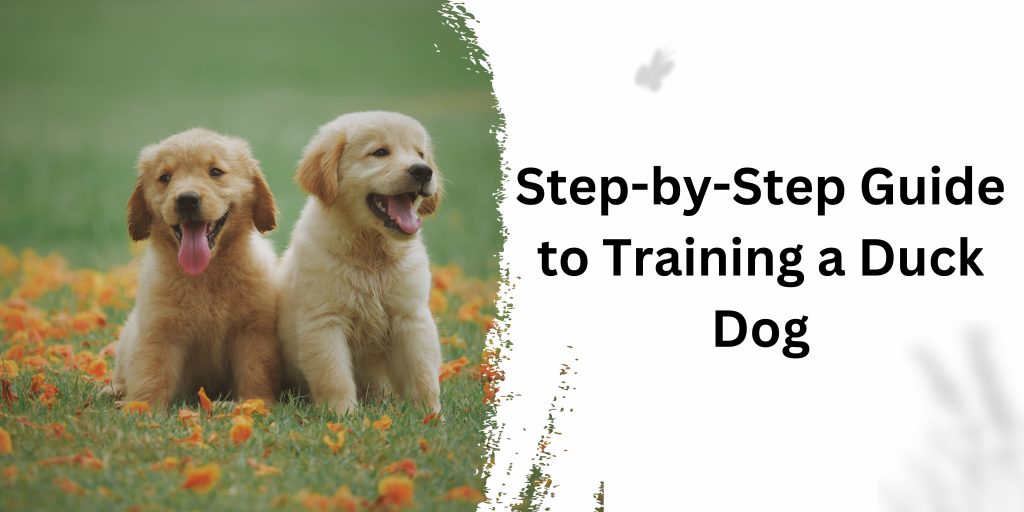
Start with Basic Obedience Training:
Before diving into hunting-specific training, ensure your dog has mastered basic obedience commands such as sit, stay, come, and heel. These commands form the foundation for more advanced training.
Introduce Retrieval Skills:
Begin by teaching your dog to retrieve objects on land. Use a training dummy or a toy that resembles a duck. Start with short distances and gradually increase the distance as your dog becomes more proficient.
Expose Your Dog to Water:
Ducks are often hunted near water, so your dog must be comfortable in water. Start by introducing your dog to shallow water and gradually increase the depth as they become more confident.
Introduce Gunfire Sounds:
Dogs can be startled by the sound of gunfire, so it’s important to desensitize them to it. Start by playing recordings of gunshots at a low volume and gradually increase the volume as your dog becomes more comfortable. Pair the sound of gunfire with positive experiences, such as treats or playtime, to create a positive association.
Combine Retrieval with Water:
Once your dog is comfortable retrieving on land, start introducing retrieves in water. Begin with shallow water and gradually increase the depth as your dog becomes more confident. Use a training dummy or a floating object for retrieval practice.
Practice Retrieves in Different Environments:
Gradually introduce your dog to different hunting environments, such as marshes, lakes, and ponds. Practice retrieving in these environments to prepare your dog for various hunting scenarios.
Simulate Hunting Scenarios:
Set up scenarios that mimic real hunting situations, such as hiding training dummies in the water for your dog to retrieve. Use decoys to simulate the presence of ducks and teach your dog to focus on retrieving them.
Teach Camouflage and Concealment:
Train your dog to remain still and quiet in the hunting blind or boat. Use camouflage gear to blend in with the surroundings and avoid startling the ducks.
Maintain Consistency:
Consistency is key in dog training. Practice regularly and reinforce good behaviour to ensure your dog stays on track.
Reward Your Dog:
Always reward your dog for a job well done. Positive reinforcement will motivate your dog to continue performing at its best.
Read More: How to Make Saddle Hunting More Comfortable
Essential Equipment for Training a Duck Dog
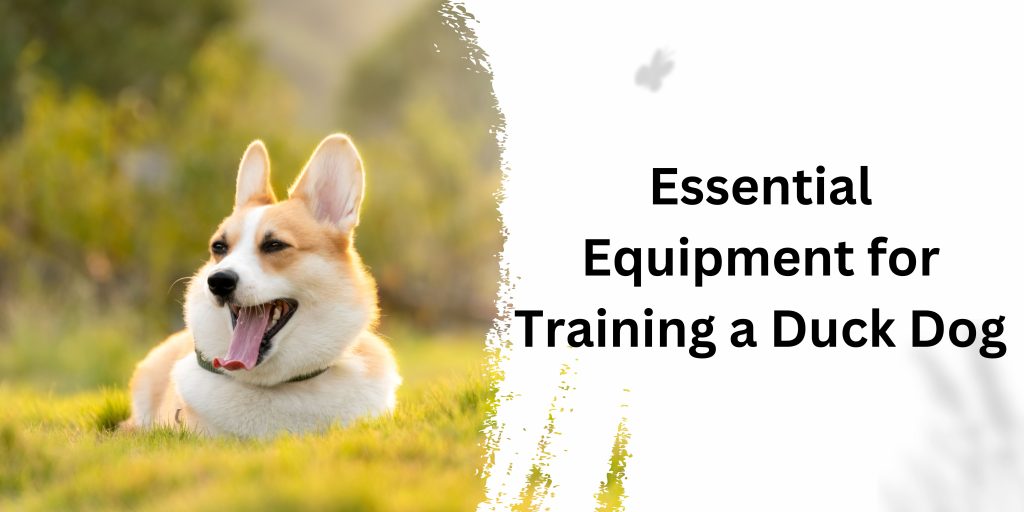
When training a dog for duck hunting, having the right equipment is essential for success. Here’s a detailed look at the essential gear you’ll need:
Training Dummies:
These are essential for teaching your dog how to retrieve ducks. They come in various shapes and sizes, resembling ducks, and are typically made of plastic or canvas. Choose dummies that float in water for water retrieval training.
Whistle:
A whistle is a vital tool for communicating with your dog during training sessions. It can be used for recall, signalling commands, and maintaining control at a distance. Whistles specifically designed for dog training are recommended for optimal sound and durability.
Retrieval Launcher:
A retrieval launcher is used to simulate the sound of a gunshot and launch training dummies into the water. This helps train your dog to retrieve ducks in a hunting scenario and get accustomed to the sound of gunfire.
Waterproof Collar:
A waterproof collar is essential for water training. Look for a collar that is durable, adjustable, and able to withstand the rigours of outdoor training sessions. Consider a collar with reflective materials for visibility in low-light conditions.
Decoys:
Decoys are used to simulate hunting scenarios during training. They can be placed in the water for your dog to retrieve, helping them get accustomed to the sights and smells of a hunting environment. Decoys should be realistic in appearance and float in water.
Dog Training Vest:
A training vest can help keep your dog comfortable and protected during training sessions. Look for a vest that is lightweight, breathable, and allows for freedom of movement. Some vests come with pockets for storing training dummies or other accessories.
Training Scents:
Training scents can be used to enhance your dog’s tracking and retrieving abilities. These scents mimic the smell of ducks and can be applied to training dummies to make them more attractive to your dog.
First Aid Kit:
A first aid kit is essential for treating minor injuries that may occur during training sessions. Include items such as bandages, antiseptic wipes, and tweezers in your kit.
Training Leash:
A training leash is useful for maintaining control over your dog during training sessions. Look for a leash that is sturdy and comfortable to hold, with a length that allows your dog to move freely but still be under your control.
Training Clicker:
A clicker can be used as a marker to signal to your dog when they have performed a desired behaviour. Clicker training can be a useful tool for reinforcing positive behaviour during training sessions.
Read More: How Do You Hunt Bobcats
Key Points for Training
- Patience: Training a duck dog takes time, so be patient and consistent.
- Consistency: Use the same commands and techniques consistently to avoid confusing your dog.
- Positive Reinforcement: Reward good behaviour to encourage your dog to repeat it.
- Safety First: Always prioritize safety, both for yourself and your dog, during training.
Summary
Training a dog for duck hunting can be a fulfilling experience that enhances your hunting adventures. By following the steps outlined in this guide and using the right equipment, you can prepare your dog to be a skilled and reliable hunting companion.

